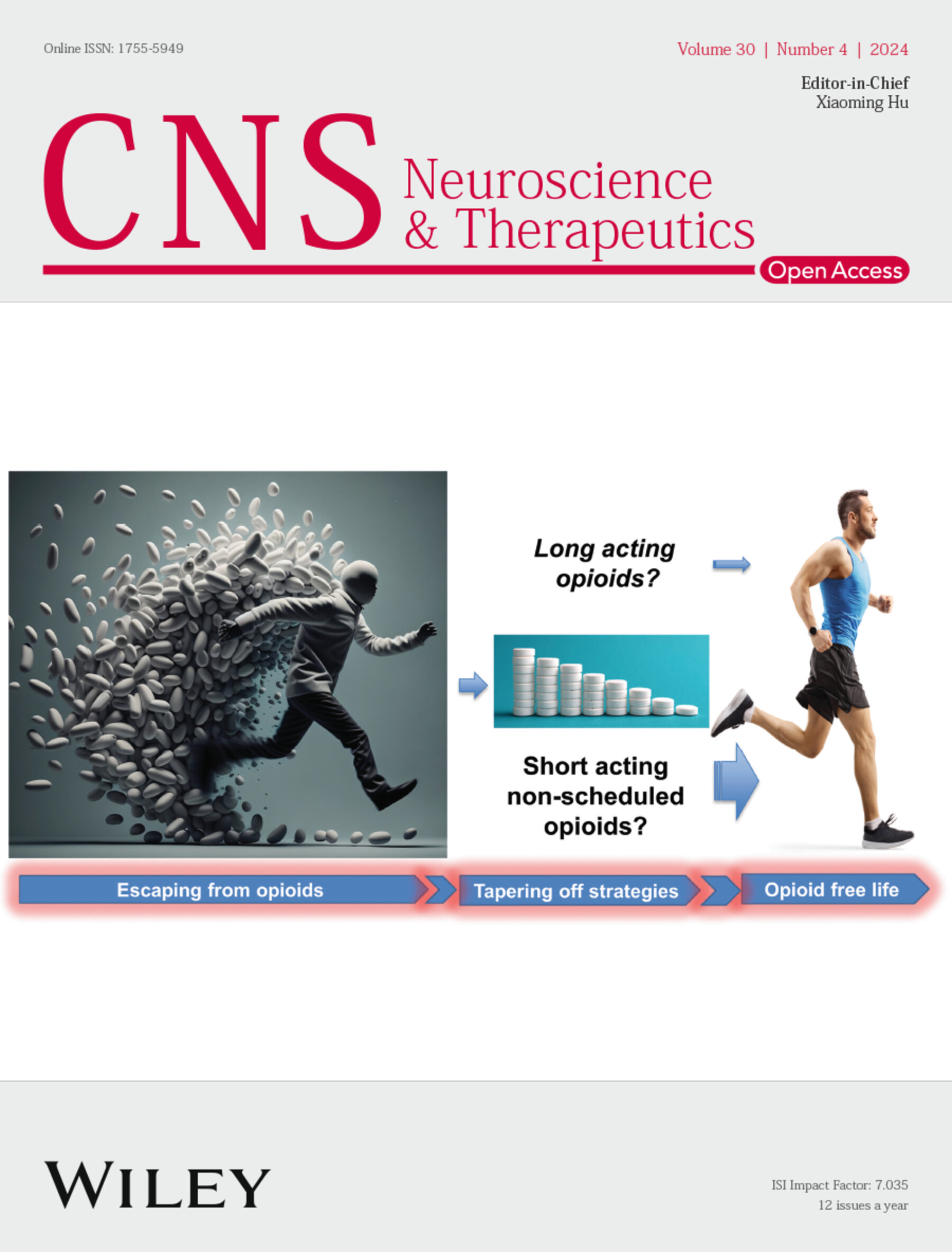Gut Microbiota–Bile Acid–Brain Axis and TGR5-ERK1/2 Signaling Mediate ADT-Induced Cognitive Impairment
Abstract
Aims
Although a key intervention for advanced Prostate Cancer, Androgen Deprivation Therapy has been associated with cognitive dysfunction, a phenomenon that has been largely attributed to systemic metabolic alterations and neuroinflammation. Nonetheless, the precise role of gut microbiota in ADT-induced cognitive impairment remains unclear, forming the basis of this study. Our aim is to explore the correlation between changes in gut metabolism and cognitive dysfunction following ADT in prostate cancer.
Methods
A subcutaneous PC3 tumor-bearing mouse model of ADT-induced cognitive dysfunction was established. Behavioral tests (OFT, NORT, and Y-maze) were conducted to assess cognitive performance. Gut microbiota composition, fecal, and hippocampal bile acid profiles were analyzed by 16S rRNA sequencing and targeted metabolomics. To investigate potential mechanisms, we further supplemented ADT-susceptible (ADT-su) mice with Taurodeoxycholic acid (TDCA) via oral gavage and inhibited ERK1/2 signaling with PD98059, followed by behavioral testing and Western blot analysis of hippocampal Takeda G-protein coupled Receptor 5 (TGR5) and ERK1/2 expression.
Results
Hierarchical clustering analysis revealed ADT-induced cognitive impairment in a subset of mice (ADT-susceptible and ADT-unsusceptible). These mice exhibited gut microbiota dysbiosis, featuring the depletion of bile acid-transforming taxa, including Bacteroides spp. and Clostridium scindens. Additionally, FMT from ADT-su mice to pseudo-germ-free mice efficiently transferred cognitive deficits and altered hippocampal bile acid profiles, confirming gut microbiota's causal role in ADT-induced neurocognitive decline. Notably, both gut and hippocampal TDCA levels were significantly decreased in ADT-su mice. Mechanistically, TDCA supplementation improved cognitive performance and upregulated hippocampal TGR5 and p-ERK1/2 expression, while ERK1/2 inhibition by PD98059 partially reversed these effects.
Conclusion
Our findings suggest that gut microbiota-mediated bile acid dysregulation, particularly reduced TDCA, contributes to ADT-induced cognitive dysfunction via impaired TGR5-ERK1/2 signaling. Targeting this pathway may represent a novel therapeutic strategy to mitigate cognitive impairment in prostate cancer patients undergoing ADT.


 求助内容:
求助内容: 应助结果提醒方式:
应助结果提醒方式:


